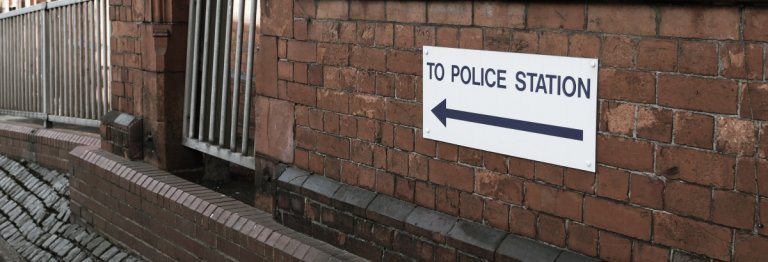
The first few days in a foreign country can be a blurry process of getting to your university, checking into a hotel or your residence halls and trying to settle down as best as you can even with all the jet lag.
As an international student in the UK, however, there are several responsibilities that you have to carry out within the first few days of arriving. One of these is the requirement to register with the police within seven days of arriving.
Take note that this is a legal requirement made by the Home Office, as provided in the Immigration Regulation Act 1972 (Registration with the Police). Failure to register with the Police is a criminal offence and could lead to prosecution.
Before you head to your nearest police station, here are five important facts you should know about this process:
1. Check your visa
Your visa will state whether you need to register within seven days of entry to the UK. Check for sentences like “Police Registration within 7 days of arrival in UK” or “Register/Report to Police”.
You should also check your approval letter or your Biometric Residence Permit (BRP) as these might state you need to register with the police.
2. Know the laws
According to the government’s website, nationals of the countries below are required to register with the police where they are given leave to enter the UK for more than six months:
Afghanistan, Algeria, Argentina, Armenia, Azerbaijan, Bahrain, Belarus, Bolivia, Brazil, China, Colombia, Cuba, Egypt, Georgia, Hong Kong, Iran, Iraq, Israel, Jordan, Kazakhstan, Kuwait, Kyrgyzstan, Lebanon, Libya, Moldova, Morocco, North Korea, Oman, Palestine, Peru, Qatar, Russia, Saudi Arabia, Sudan, Syria, Tajikistan, Tunisia, Turkey, Turkmenistan, United Arab Emirates, Ukraine, Uzbekistan, Yemen, Stateless or travelling on a non-national document (i.e. Travel Document).
3. Work with your university to book an appointment
The foolproof way to booking your appointment with the police is to refer to your university’s International Office on how to go about this. At the very least, consult your university’s website which should have a page detailing how they handle these appointments.
BRP talks, police registration talks for international students at UCA, to reduce negatives… #UKNARIC2016 pic.twitter.com/oCJjfOeGMz
— ECCTIS (@ecctis) November 21, 2016
For example, at the SOAS University, London, international students have to fill up a form to be returned to the school’s enrolment staff who will book the appointment on your behalf. Thereafter, they are required to attend to the police station according to the time given.
Other universities like the University of Liverpool has local police stationed in campus for police registration during the first few weeks of term for this purpose.
4. Find out the details of the police station assigned to you
Not all police stations are open 24/7 (this article said there are twice as many Tescos open 24/7 than police stations) and opening hours may vary from station to station.
The best way is to confirm which police station you have to report to, Google its details and follow up with a call to confirm their details (address, telephone number, opening hours, etc) before heading there.
5. What you need to bring with you

Find out whether you should pay the registration fee by cash or card. Source: Photo Philip Veater on Unsplash
According to the University of Reading, these are the documents you need to bring along:
- Your original passport with your visa
- Completed registration form
- A letter from your university which confirms you are enrolled there, the name of your course, start and end dates for your course or your CAS statement (print this by logging into your CAS portal page)
- One current passport-sized photograph of yourself (bring more copies, to be safe)
- BRP card
- £34 as registration fee (confirm with your university whether this should be paid by cash or card)
- Accommodation contract
Good luck!
Liked this? Then you’ll love these…
Indians make up 93pc of work permit granted to H-1B visa holders – spouses
Trump’s H-1B visa restrictions illegal, US companies allege in lawsuit







